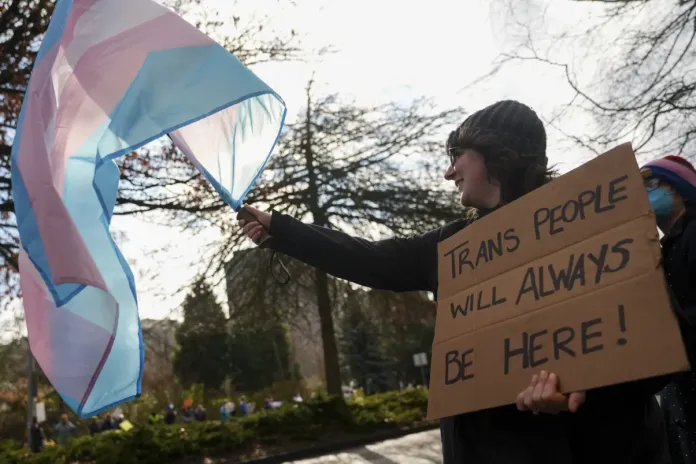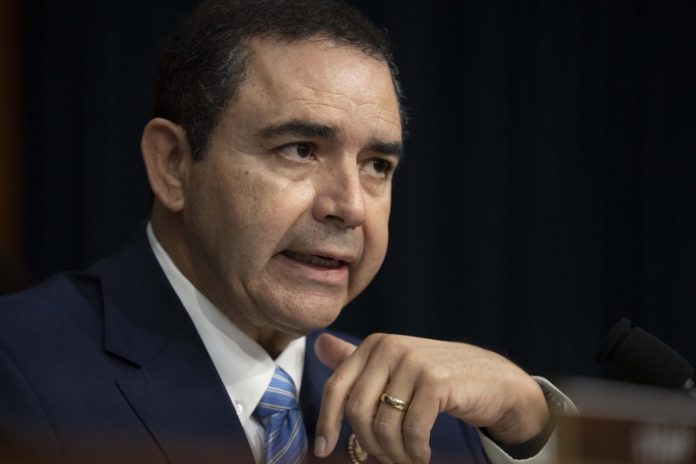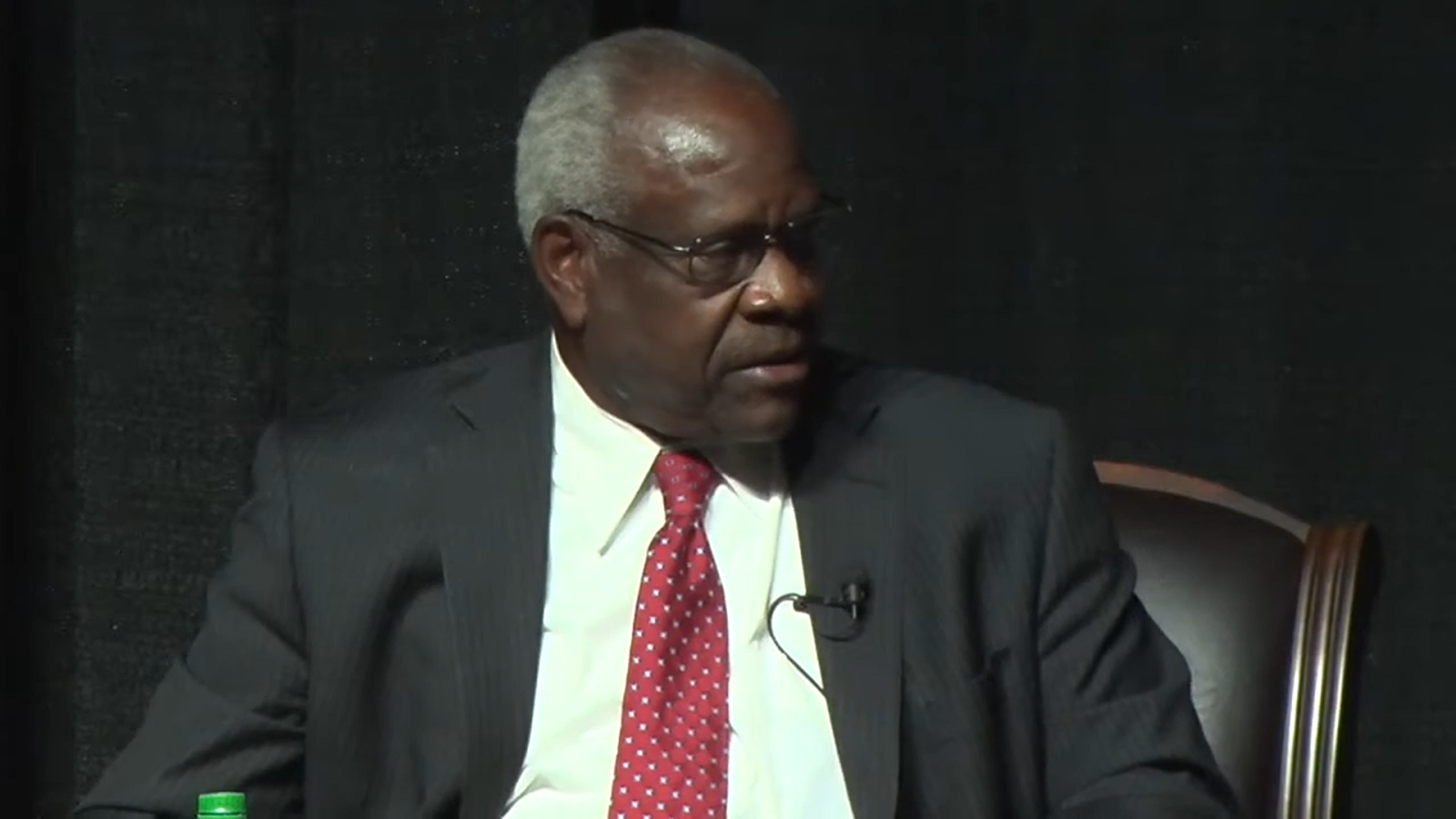Judge Cannon Body Slams Biden DOJ’s Last-Ditch Lawfare Effort
A federal court has criticized the Department of Justice (DOJ) for attempting to release volume II of the Special Counsel report concerning Donald Trump’s challenges to the 2020 election and handling of classified documents, while criminal prosecutions related to the report are still ongoing. the DOJ initially planned to make this report public just before Trump’s inauguration but later limited access to certain congressional leaders amid objections from Trump and his co-defendants, Waltine Nauta and Carlos De Oliveira.
Judge Aileen Cannon, who dismissed the criminal case against Trump but left charges against Nauta and De Oliveira intact, blocked the DOJ from releasing Volume II after a hearing. she emphasized that the DOJ had failed to provide a valid justification for disclosing the report during ongoing criminal proceedings and criticized it’s conduct, noting that it undermined the due process rights of the defendants. Judge cannon pointed out that there has never been a precedent for sharing such details with Congress prior to the conclusion of criminal cases.
The judge expressed strong disapproval of the DOJ’s argument concerning “ancient practice” and the alleged urgency tied to Attorney General merrick Garland’s limited time in office, stating that this did not outweigh the constitutional interests of the defendants. The article concludes with a reflection on how Judge Cannon’s statements indicate that the DOJ’s prior release of Volume I of the report possibly harmed the due process rights of other implicated individuals. The writer, Margot Cleveland, provides her credentials and professional background as a legal analyst and investigative journalist.
A federal court on Tuesday condemned the Department of Justice’s efforts to provide members of Congress Volume II of the Special Counsel report while criminal prosecutions related to the report remained ongoing. While the country has moved on from the issue following Donald Trump’s inauguration, last week’s order crystalizes the Biden Administration’s outrageous weaponization of the DOJ against not just Trump but those associated with him.
Two weeks before Trump’s inauguration, the DOJ announced its intent to publicly release Special Counsel Jack Smith’s report on his investigations into Trump’s challenges to 2020 election and Trump’s retention of supposedly classified documents. Waltine Nauta and Carlos De Oliveira, both of whom had been charged by Smith as co-defendants with Trump in the classified documents case, responded by filing an emergency motion to prevent the release of the report.
Trump and his two co-defendants had previously moved for the dismissal of the indictment, arguing that Smith had been improperly appointed and thus lacked authority to prosecute the criminal case. The presiding judge, Trump-appointee Aileen Cannon, agreed, and dismissed the case. The Biden Administration appealed to the Eleventh Circuit.
Following Trump’s election, the DOJ dismissed the appeal as to Trump, while continuing to challenge the dismissal of the criminal charges against Nauta and De Oliveira. And thus, the two co-defendants remain in criminal jeopardy.
Nonetheless, the DOJ announced its plans to release the special counsel report which detailed its investigation into Nauta and De Oliveira. Attorney General Merrick Garland would later walk back the release, announcing that his department would only publicly release Volume I of the report — which concerned the 2020 election — and for Volume II, it would limit access to that report to the majority and ranking members of the House and Senate Judiciary Committees.
Nauta, De Oliveira, Trump, and Jeff Clark, the latter of whom remains under indictment in Fulton County, Georgia on supposed conspiracy charges related to the 2020 election, objected to the release of Volume I. Judge Cannon, however, concluded she lacked the authority to bar the release of that portion of the special counsel report because she was only presiding over the classified documents case. The DOJ promptly pounced, releasing Volume I of the report to the public within minutes of obtaining the green light to do so.
Conversely, Judge Cannon stayed release of Volume II pending a hearing on the issue. Following that hearing and after taking the matter under advisement, on Tuesday, the Court entered an order prohibiting the DOJ from releasing or sharing any information from Volume II outside the Justice Department.
Judge Cannon’s order not only ruled against the DOJ but eviscerated the department for its litigation strategy.
“A court has an affirmative duty, triggered at the inception of a criminal proceeding, to safeguard the due process rights of the accused,” Judge Cannon wrote, before stressing:
“Never before has the Department of Justice, prior to the conclusion of criminal proceedings against a defendant — and absent a litigation-specific reason as appropriate in the case itself — sought to disclose outside the Department a report prepared by a Special Counsel containing substantive and voluminous case information. Until now.”
Here, after noting “the statements” proffered by the government to justify providing Volume II to the leaders of the judiciary committees “do not reflect well on the Department,” Judge Cannon decimated the DOJ’s argument that “disclosure to four members of Congress is necessary right now — before the conclusion of criminal proceedings — because Attorney General Garland has ‘limited time’ left in his tenure as the head of the Department and wishes ‘to comply with the historical practice of all Special Counsel.’”
However, “[t]here is no ‘historical practice’ of providing Special Counsel reports to Congress, even on a limited basis, pending conclusion of criminal proceedings,” Judge Cannon stressed. “In fact, there is not one instance of this happening until now.” The federal judge then chastised the DOJ for “misleadingly” referencing Special Counsel David Weiss’s Congressional 2023 testimony as an example of “historical practice.” First, the DOJ opposed Congress’s request for Special Counsel Weiss to testify, Judge Cannon noted. And second, when Weiss eventually agreed to testify “on limited matters,” he “repeatedly refusing to answer questions regarding ongoing litigation in order to prevent prejudice to ‘the rights of defendants or other individuals involved in these matters.’”
Judge Cannon also destroyed the DOJ’s argument that there was “legislative interest in information about Special Counsel investigations, in order to consider possible legislative reforms regarding the use of special counsels.” “[T]here has been no subpoena from Congress to the Department for Volume II,” Judge Cannon stressed. Nor is there any “indication of pending legislative activity that could be aided by the proposed disclosure of Volume II to the specified members of Congress,” she added.
“In short,” Judge Cannon concluded, “the Department offers no valid justification for the purportedly urgent desire to release to members of Congress case information in an ongoing criminal proceeding.” She went further, however, questioning why the DOJ would even attempt to release of Volume II when “its own Justice Manual, which expressly directs against disclosing substantive case information in a criminal case ‘except as appropriate in the proceeding or in an announcement after a finding of guilt.’” Here, Judge Cannon, citing the American Bar Association’s rules of professional conduct, stressed that “[a] prosecutor has the responsibility of a minister of justice and not simply that of an advocate . . . .”
The Court was also not convinced by the DOJ’s claim that limited disclosure to select members of Congress would protect against any potential prejudice to the Defendants because the congressmen would agree to keep the report confidential. But given constitutional immunity, the ranking members of the Judiciary Committees could disclose the details of the report on the House or Senate floor without consequence. Given this fact, and the strong interest in the special counsel’s report, Judge Cannon concluded there was “certainly a reasonable likelihood that review by members of Congress as proposed will result in public dissemination of all or part of Volume II.”
“That reasonable likelihood risks substantial prejudice to the due process rights of Defendants,” Judge Cannon concluded, noting that “[t]he bare wishes of one Attorney General with ‘limited time’ in office to comply with a non-existent ‘historical practice’ of releasing Special Counsel reports in the pendency of criminal proceedings,” did “not override the obvious constitutional interests of Defendants in this action . . . ”
The order continued then where it began, highlighting the special role prosecutors play in our criminal justice system and stressing that they are “entrusted and expected to do justice.” The DOJ’s efforts to provide Volume II to the majority and ranking members of the Judiciary committees “has not been faithful to that obligation,” Judge Cannon concluded.
What Judge Cannon left unsaid — but what follows directly from her analysis — is that the DOJ’s public release of Volume I of the special counsel report substantially prejudiced the due process rights of the individuals implicated in that report.
While Judge Cannon concluded she lacked the authority to prohibit the release of Volume I, the immediate release of that portion of the special counsel report in disregard to the due process rights of third parties should render Attorney General Merrick Garland a pariah in legal circles. He was entrusted and expected to do justice — but for the sake of getting Trump he abandoned those precepts.
Margot Cleveland is an investigative journalist and legal analyst and serves as The Federalist’s senior legal correspondent. Margot’s work has been published at The Wall Street Journal, The American Spectator, the New Criterion, National Review Online, Townhall.com, the Daily Signal, USA Today, and the Detroit Free Press. She is also a regular guest on nationally syndicated radio programs and on Fox News, Fox Business, and Newsmax. Cleveland is a lawyer and a graduate of the Notre Dame Law School, where she earned the Hoynes Prize—the law school’s highest honor. She later served for nearly 25 years as a permanent law clerk for a federal appellate judge on the Seventh Circuit Court of Appeals. Cleveland is a former full-time university faculty member and now teaches as an adjunct from time to time. Cleveland is also of counsel for the New Civil Liberties Alliance. Cleveland is on Twitter at @ProfMJCleveland where you can read more about her greatest accomplishments—her dear husband and dear son. The views expressed here are those of Cleveland in her private capacity.
" Conservative News Daily does not always share or support the views and opinions expressed here; they are just those of the writer."




